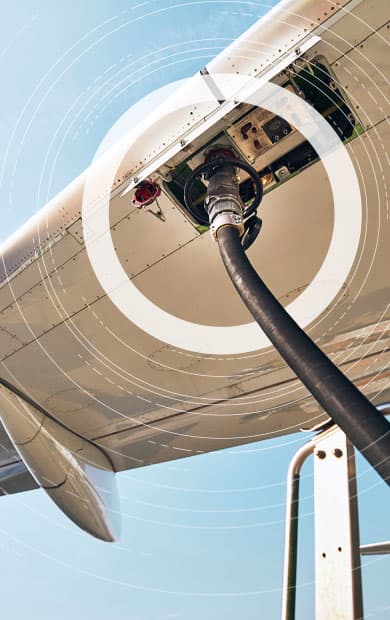Overview
Jet fuel market volatility, whether from crude prices, supply issues from refining capacity, or ongoing regulation changes, is a continual risk to your bottom line.
Having a choice in fuel pricing is the best way to mitigate risk and stay on top of market changes. Argus constructs price indexation in a way that is appropriate for each market. By doing so, market participants can align their day-to-day operations, improve management of fuel costs and directly impact their net earnings.
Jet fuel makes up more than 40% of an airline’s total operating expense. The rise in importance of sustainable aviation fuel (SAF) from government mandates and self-regulations from airlines has a direct implication on these operating costs.
Argus helps the jet fuel market participants to make informed decisions and optimize their strategies with price assessments and information on deals done for conventional jet fuel and SAF, as well as the latest market-moving news, in-depth analysis, supply and demand dynamics, and price forecasts.
Latest jet fuel news
Browse the latest market moving news on the global jet fuel industry.
Spotlight content
Browse the latest thought leadership produced by our global team of experts.
Explore our jet fuel products
Key price assessments
Argus prices are recognised by the market as trusted and reliable indicators of the real market value. Explore some of our most widely used and relevant price assessments.





